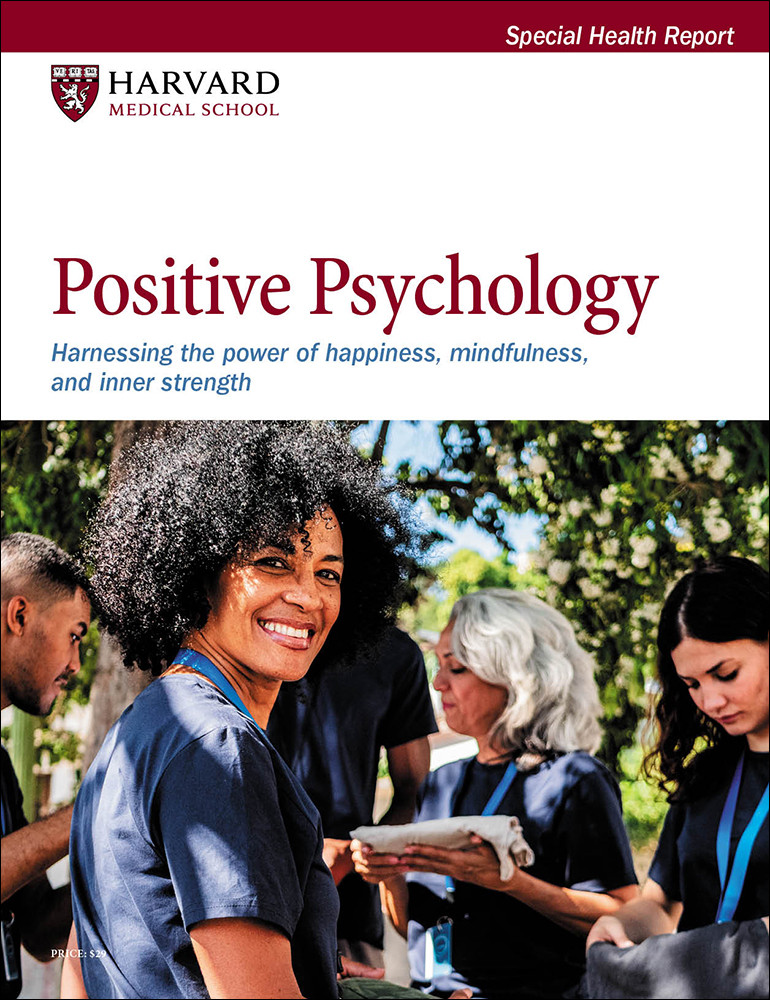Exercise can add to your sense of purpose — and vice versa
In the journals
It’s well established that regular exercise can improve one’s mental outlook. A new study found the connection also works in the other direction: a sense of purpose makes it more likely you’ll stay physically active.
Researchers used information from the Health and Retirement Study, an ongoing project involving about 18,000 middle-aged and older adults. As part of the study, participants were asked questions designed to evaluate their sense of purpose in life and how much physical activity they regularly engaged in. The authors defined a sense of purpose as "having goals and aims that give life direction and meaning."
The researchers examined data from a specific four-year interval. No surprise, people who started out leading active lives showed an increase in their sense of purpose four years later. But those who had a strong sense of purpose in the beginning actually increased their physical activity over time.
While the results only showed an association, the researchers suggest adopting an exercise routine can provide goals and structure that helps offer direction and meaning, especially as people age. On the other end, people who have a strong sense of purpose in life are more motivated to stay physically active.
The results were published online April 23, 2021, by the Journal of Behavioral Medicine.
Image: Igor Alecsander/Getty Images
About the Author

Matthew Solan, Former Executive Editor, Harvard Men's Health Watch
Disclaimer:
As a service to our readers, Harvard Health Publishing provides access to our library of archived content. Please note the date of last review or update on all articles.
No content on this site, regardless of date, should ever be used as a substitute for direct medical advice from your doctor or other qualified clinician.

















